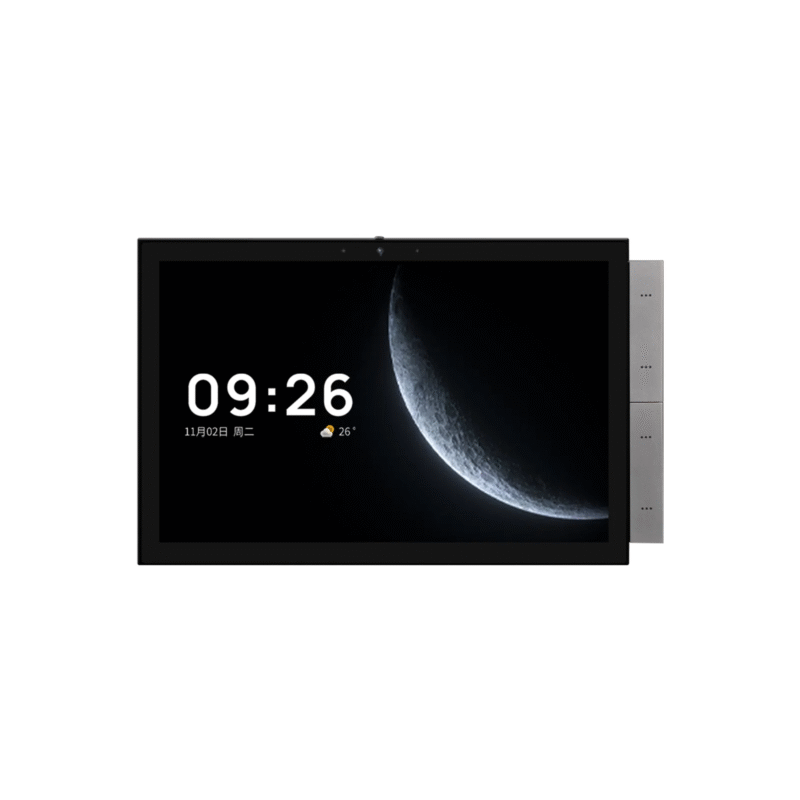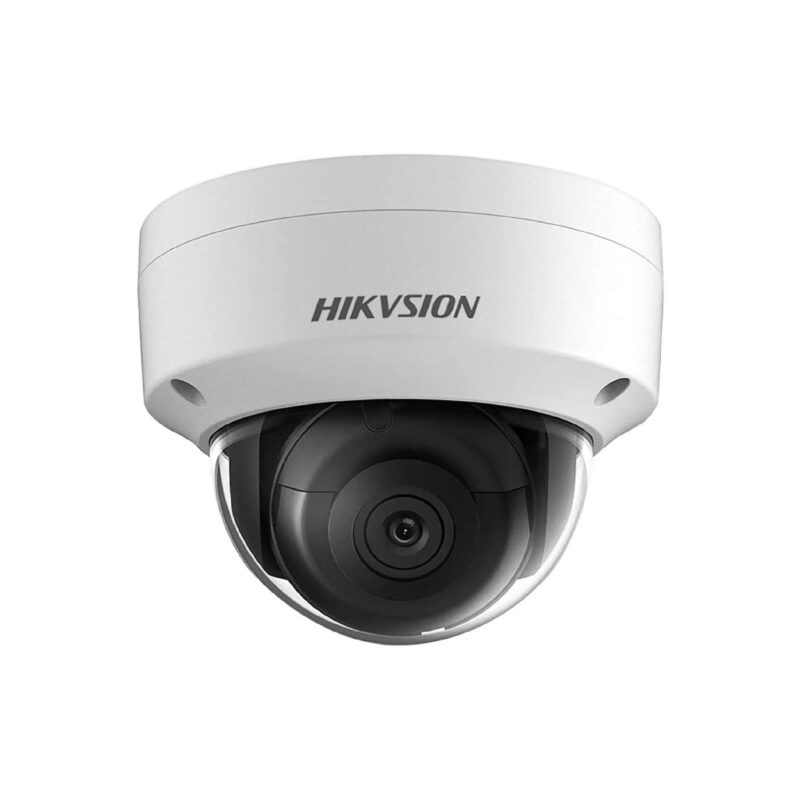
Blog
Understanding TCP/IP for Building Video Intercom Systems

🔍 What is TCP/IP?
TCP/IP is the basic communication language or protocol of the internet and most modern networks. It governs how data is packaged, addressed, sent, and received across a network.
-
TCP (Transmission Control Protocol): Ensures reliable and ordered delivery of data between devices.
-
IP (Internet Protocol): Handles addressing and routing data packets to the correct destination.
In video intercom systems, TCP/IP allows various components—indoor monitors, outdoor units, management servers, and mobile apps—to communicate over a local area network (LAN) or even remotely via the internet.
📡 Role of TCP/IP in Video Intercom Systems
A building’s video intercom typically consists of:
-
Outdoor station (door unit with camera & mic)
-
Indoor station (monitor inside each apartment or office)
-
Network video recorder (NVR) or server (for video storage/management)
-
Mobile access (smartphone app integration)
Here’s where TCP/IP plays a key role:
-
Device Connectivity
-
Each device is assigned a unique IP address.
-
All devices connect through switches or routers, forming a unified network.
-
-
Video & Audio Transmission
-
TCP ensures smooth and accurate video/audio data between the door station and indoor monitor.
-
Data is packetized, transmitted over Ethernet or Wi-Fi, and reassembled at the receiving end.
-
-
Remote Access
-
Via internet-enabled TCP/IP, users can view live video and answer calls on their smartphone from anywhere in the world.
-
-
System Integration
-
TCP/IP makes it easy to integrate the intercom with other IP-based systems such as CCTV, alarms, or smart locks.
-
💡 Benefits of Using TCP/IP in Building Intercom Systems
-
Scalability: Easy to expand by adding more IP devices.
-
Reliability: Stable and efficient data communication.
-
Remote Management: Supports cloud or remote access.
-
Compatibility: Works with existing network infrastructure.
-
Interoperability: Easier to integrate with third-party systems.
🏢 Ideal for Modern Buildings
From residential complexes to commercial buildings, TCP/IP-based video intercom systems offer a future-ready solution. They reduce the need for traditional wiring and provide flexible deployment options, including PoE (Power over Ethernet) for easier installation.
✅ Conclusion
TCP/IP is more than just a protocol—it’s the foundation for modern communication in video intercom systems. By leveraging it, building managers, residents, and security teams gain better control, clearer communication, and smarter integration.
As smart buildings continue to evolve, understanding and utilizing TCP/IP in video intercom systems is not just beneficial—it’s essential.



